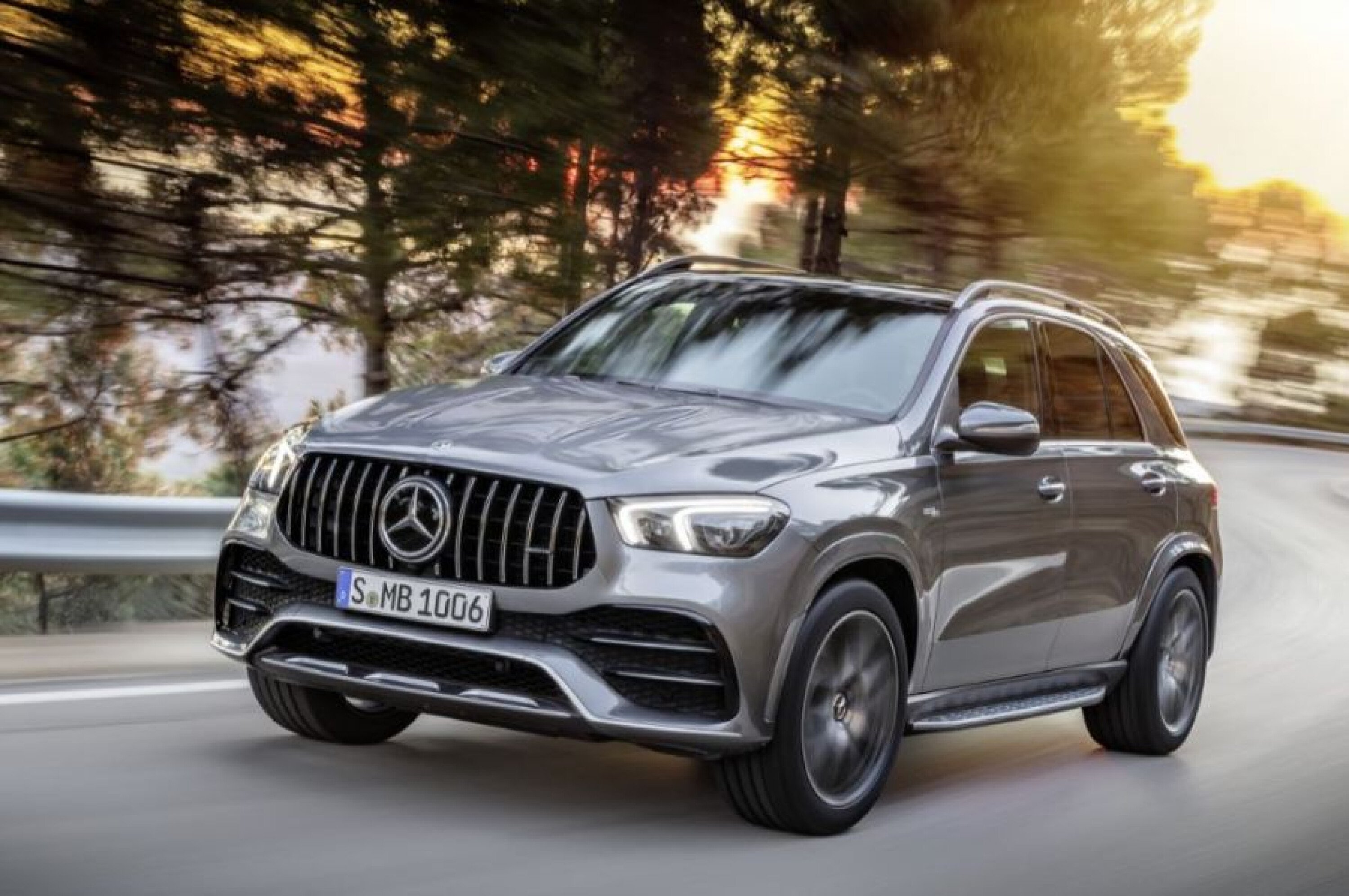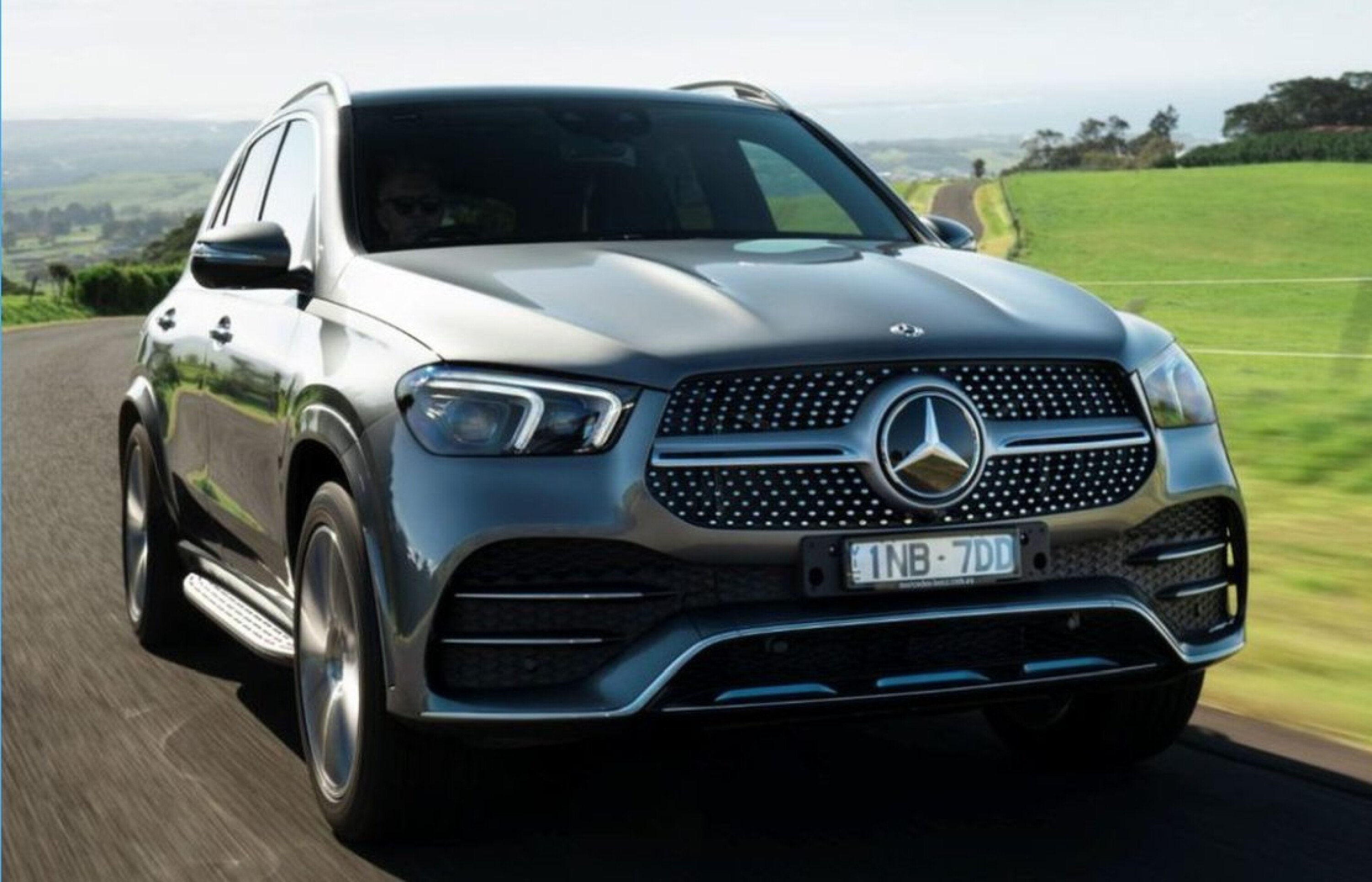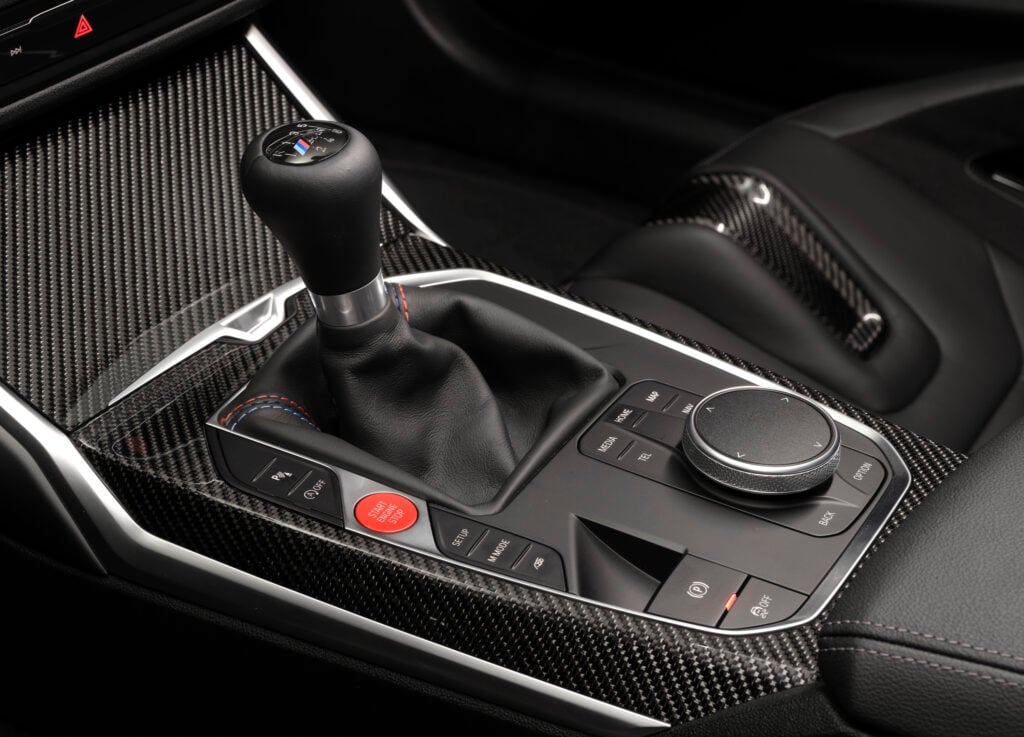
As if buying a new car weren’t nerve-wracking enough…
According to a new report by the Australian Competition and Consumer Commission, scammers have recently intercepted emails between dealerships and customers – and then forging invoices to have payments directed to their own bank accounts.
Known as “business email compromise scams”, the ACCC says in 2023 – between 1 January and 30 September – approximately 981 cases had been reported, amounting to $13 million of losses.
The scam involves impersonating a legitimate business after intercepting their emails and directing their targets to deposit money into their account, leading the customer to believe the funds are going toward their purchase.

A Victorian couple were scammed out of $139,000 after they made multiple payments on what they believed to be a purchase of a Mercedes-Benz GLE 400d, but the payment details on the invoice had been doctored, leading to the funds instead being directed to the scammer’s account.
This case followed a similar incident in June 2022 where Georgina Smith of Melbourne fell victim to a similar scam, only realising the problem on the day of delivery when the dealership called to tell her that the deposit for her Mercedes-AMG A35 had not been received.
Upon receiving the call, Smith had asserted that the $38,500 deposit had been made – but when she was then sent a copy of the invoice from the dealership via SMS, it was discovered that the bank account details did not match those received on the emailed invoice.
On this occasion the scammers had duplicated the invoice to give all appearances of authenticity – including the company name and the vehicle’s VIN details – amending only the bank information to direct funds to the scammer’s account.
Speaking with GoAutoNews, Brian Hay, Executive Director of Cultural Cyber Security, indicated that these kinds of scams cost Australians upward of $132 million in 2020.
“Do not use the phone number that may be printed on that potentially bogus email. So make sure you get a phone number that’s been sourced independently because, if the invoice is coming from the crook, you could be calling the criminal to validate the banking details. So you have to get independent verification of the bank details,” Hay told GoAutoNews.
In the case of the Mercedes-Benz GLE 400d, the Victorian County Court is reviewing the issue to make a determination on whether the customer or Mercedes-Benz are to incur the losses.
In the meantime, car buyers are encouraged to be diligent when making large payments, and to verify details directly with dealerships through a salesperson with whom they have built trust.




